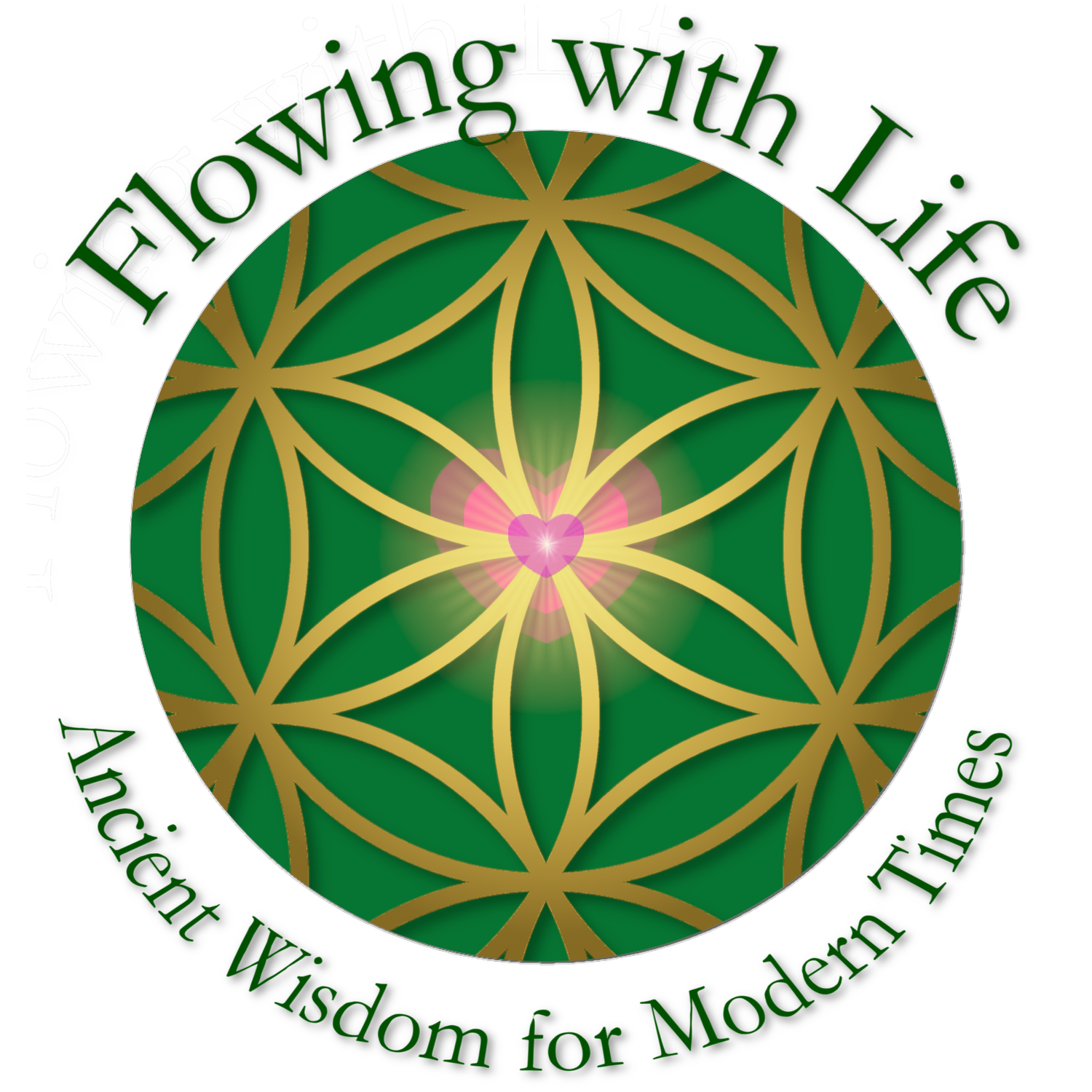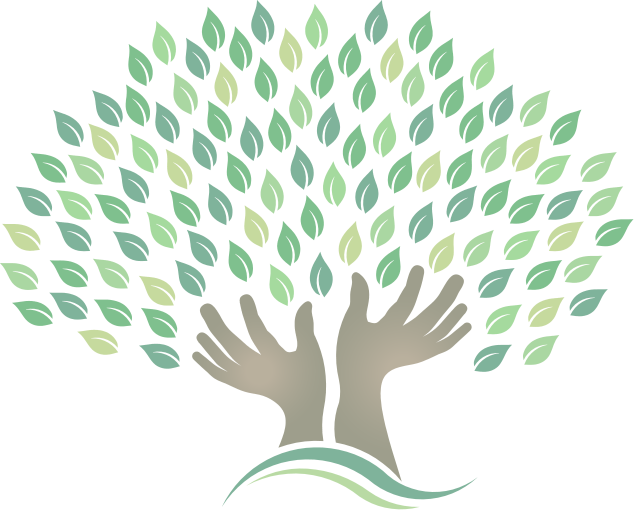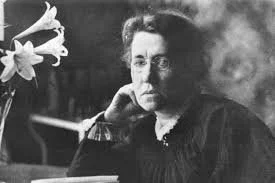Cell Biology, Sacred Anarchy & Self-Determination in Scotland
Riding home on a Saturday night train from Edinburgh last weekend was an adventure. The train was jam packed and I walked down to the furthest carriage in the vain hope of quiet.
It turns out this was the one occupied by a man, dubbed Pavarati by his friends, singing operatic tenor at full volume. He was very good and on another occasion, I might have enjoyed it even more.
It was also a striking contrast to the peaceful day I’d been having at an event called Sacred Anarchy: Re-wild your Heart.
We’d been discussing (and experiencing) how spiritual practices, like meditation, yoga, and spending quiet time in nature, can help us find the inner strength and gentleness necessary to practice the art of relating freely as equals (my favourite definition of anarchy).
I carried on to a quiet dinner with friends where the conversation continued in a new form. Interesting, then, that I find myself afterwards catapulted into something more like what most people consider anarchy – drunken & boisterous singing, many people unmasked and jammed close together during a pandemic, booing at police when they arrive to take a large bottle of spirits off our beloved carriage entertainer Pav.
Protection or Growth?
Near the end of the journey, I found myself talking with a young man about Scottish Independence. He liked the idea, but wasn’t sure it was the right time. We’ve been through so much, he said. Maybe we should wait.
Afterwards, I found myself reflecting on cell biology, as you do. Bruce Lipton is a great scientist who dedicated many years of his life researching stem cells long before most of us had heard of them.
He observed that biological systems have two mutually exclusive states – protection and growth. If you put a cell in a hostile environment, it walls itself off to stay safe.
And if you put a cell into a healthy environment, it puts all of its energy into life’s primary function which is evolution and growth.
Through his work he began to see that these two states are not limited to cells but apply to us as individuals as well. Not only that, the environment, he came to understand, includes our mental environment.
So if we think we’re in a hostile situation (i.e., we’re afraid) our whole system goes into protection mode. And if we are focused on what resources and nourishment are available in our current place and time, we can enjoy the benefits of growth and healing.
Human Evolution
We could see Lipton as a modern day Peter Kropotkin who made similar observations about the evolutionary value of cooperation (growth) over competition (protection). Kropotkin was one of the great luminaries of the European anarchist tradition as well as a renowned biologist, naturalist and geographer.
In his time, Kropotkin was of course deeply controversial, going against the popular Empire-driven interpretation of Darwin’s work. Cooperation is now widely understood by biologists as fundamental to evolution, though Kropotkin is rarely credited for his genius outside of anarchist circles.
Both Kropotkin and Lipton recognise these patterns also apply on a societal level. We might ask ourselves, what kind of Scotland do we want to live in? Is it one based in protection, competition and fear or a nation of communities grounded in vibrant growth, cooperation and love?
Fear, of course, is a wonderful function of biology. If there really is a threat, a burst of adrenaline can help us get out of the situation through quick thinking or quick action.
But in our modern society, we are encouraged to live in fear much of the time. People in protective mode are easy to manipulate.
Of course, when someone is manipulative, we can know they are also afraid, trying to protect their wealth, identity, sense of power or entitlement, etc. When we see that people are trying to control others (and themselves) out of their own fear, it can become easier to have compassion for them.
Having compassion for ourselves at the same time, we can say no thank you!
I suspect this is why we’ve seen a greater uptake of self care in Scotland around Covid-19 than we have in England. Nicola Sturgeon openly talks about love and solidarity and seems to really mean it. We might feel the consistency of the message.
Covid care is not about control – it’s a kindness that supports our collective and individual wellbeing. Meanwhile, Boris Johnson & Co … well, nevermind.
Emma Goldman
Self-Determination & Self-Care
Regardless of who seems to be in leadership, we can all contribute to a vibrant, healthy and self-determined Scotland by nourishing these qualities in ourselves and in each other. Each of us will have our own unique way of doing so.
As the great anarchist Emma Goldman once wrote, “The individual is the heart of society, conserving the essence of social life; society is the lungs which are distributing the element to keep the life essence — that is, the individual — pure and strong.”
Goldman was clear she’s not promoting the rugged individualism idealised by capitalist (i.e., fear-based) thinking, but rather a creative individuality which recognises that each of us has our own particular gifts to offer.
Only by being properly nourished and nurtured, can we each shine in our own way. Perhaps it is this kind of Scotland we would like to live in.
This essay was originally published by Bella Caledonia



